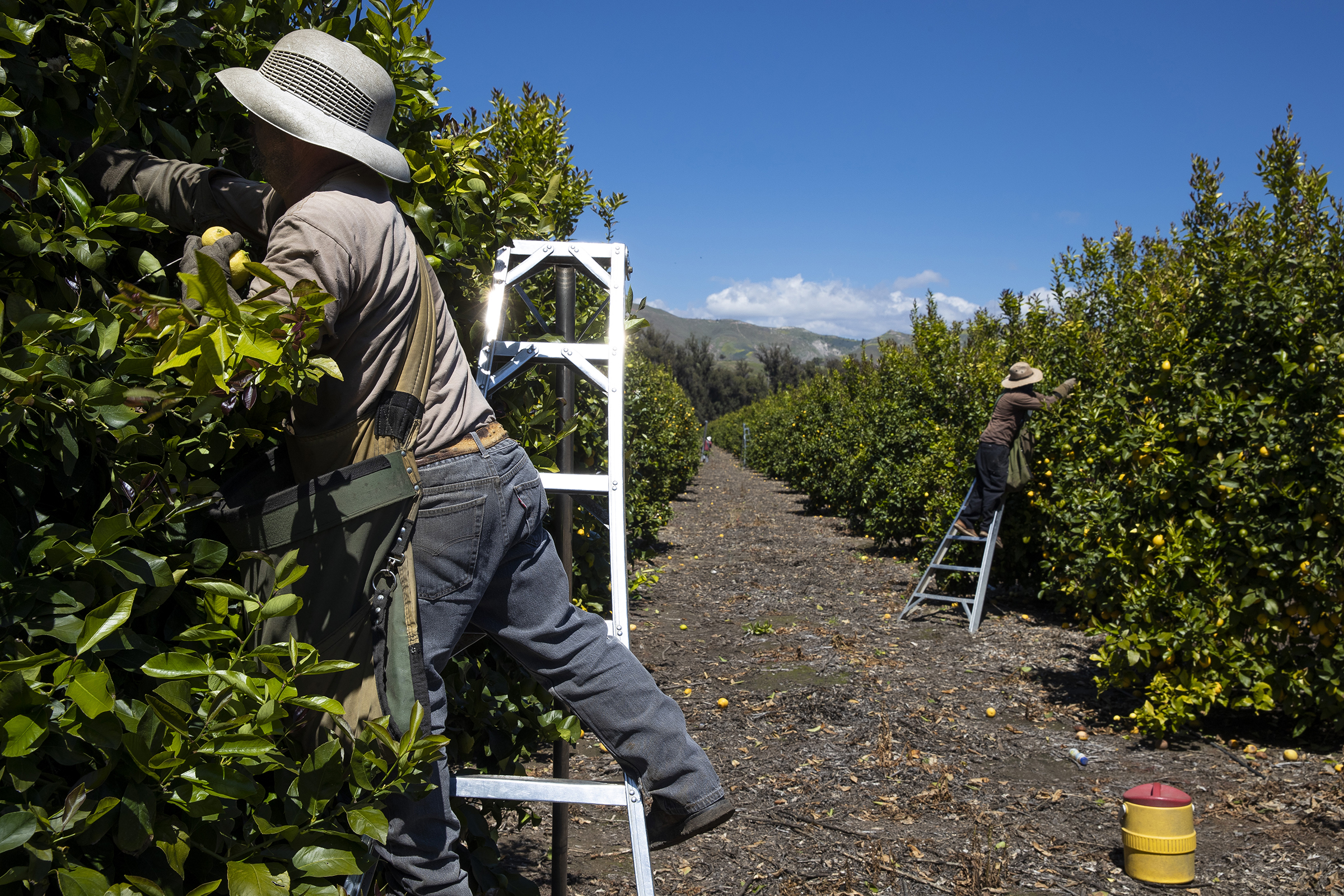Immigration Laws in California and Social Networks of Undocumented Immigrant Day Laborers
October 29, 2022Arturo Hernandez, an illegal immigrant from the Sea of Cortez, is an employee and church volunteer who recently learned about a bill that could turn him into a felon. He has been in the country illegally for many years and hopes to remain in his job as a nurse.
Sanctions pretend to punish employers but actually punish workers
A new law in California has a simple, yet egregious, aim: to punish employers who violate Immigration laws in Los Angeles. AB 263 prohibits discriminatory hiring practices, and SB 666 enables employees to sue employers who break the law. The legislation also protects people who file complaints, investigate whether their employers are breaking the law, or inform others about their rights.
These laws were passed in 2015 and 2016, and have increased the barriers employers face. AB 622 and SB 1001 further define what constitutes appropriate use of the employment authorization process, and penalties can reach ten thousand dollars per violation. In addition, the law allows complainants to pursue sanctions without proof of retaliation, so it has more scope than ever to punish employers.
Day laborers are subjected to everyday “illegality”
The present study examines the social networks of 30 undocumented immigrant day laborers in Los Angeles. Day labor sites are often characterized as competitive, unstructured and informal, but they actually represent complex social relations involving prospective employers and workers seeking work. The study also highlights the relevance of religion and social networks in the day labor market.

Day laborers are forced to pay hundreds of dollars in bribes
The Los Angeles County Sheriff recently launched a task force to address wage theft. The team consists of the sheriff’s department, the state labor commissioner, the Los Angeles County District Attorney’s Office, and several community groups. The task force will investigate complaints and refer cases to the district attorney’s office for prosecution. The sheriff’s office will also play a direct role in enforcement.
Day laborers are planning a rally in downtown Los Angeles on Friday. They want better protections for workers who report abuse and guidance from the Department of Labor. The guidance would explain how to request immigration-related prosecutorial discretion. It would be beneficial for the day laborers to know that the department does not retaliate against people because of their immigration status.
Sanctions violate constitutional protections
While deportation remains a potential sanction under immigration law, there are many other potential penalties an immigration judge can impose. These include probationary terms, monetary fines, and penalties that delay or suspend immigration privileges. Listed below are the types of penalties an immigration judge can impose.
In California, one out of every ten workers is an undocumented immigrant. That’s about 1.75 million people. Although their legal status may not be clear, they are still entitled to certain employment rights under state and federal employment laws. Their Constitutional rights also guarantee them protections against discrimination based on immigration status. Despite the current political climate, it is still possible to get employment benefits as an undocumented immigrant.
















